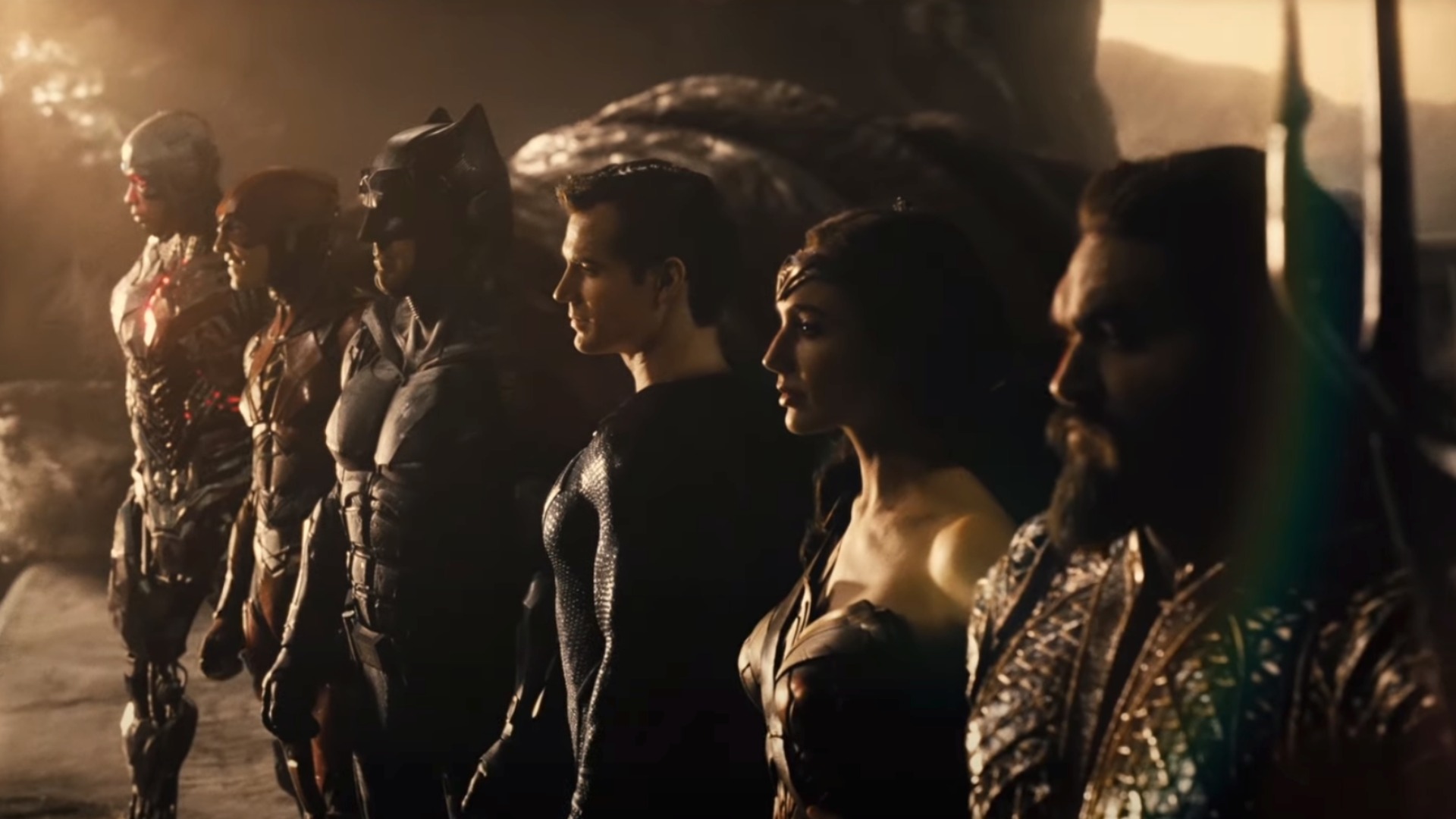The streaming landscape could look very different post-lockdown
Streaming is the future, but it’s not without some potential problems

If streaming wasn’t already the future of the entertainment industry, the pandemic has certainly made it so. Even before COVID, major studios like Disney and Warner Bros. had established their own streaming services, and existing platforms like Netflix have remained popular since launch. With theaters remaining closed for a while yet, studios have begun to change their release models – with Disney Plus’s Premier Access, for example, and Warner Bros.’ 2021 plan to release movies simultaneously on HBO Max and in theaters. But the streaming landscape could look very different post-lockdown.
One major problem that the pandemic has made explicit is the issue of international distribution. For example, HBO Max is currently only available in the US. Wonder Woman 1984 received a staggered release, which made generating the usual buzz of a massive blockbuster difficult. The movie was first released theatrically in international territories, before launching on HBO Max. In the UK, despite cinemas closing, Patty Jenkins’ sequel wasn’t available on PVOD until January 13 2021. Will the same thing happen with the highly anticipated Zack Snyder’s Justice League, which is due for release this March in the United States, yet still does not have a UK release plan?

Staggered international releases are, of course, nothing new – in fact, they used to be the norm for massive Hollywood blockbusters. However, the dawn of the internet and streaming has brought about new factors, the most problematic being piracy. The moment a movie is uploaded to any streaming service, there’s immediately a high quality version on a malicious website. That’s not so much a problem with cinema releases, as nobody wants to spoil a release with a dodgy hand-cam version. But when it comes to a perfect HD version being made available in the US that everyone’s tweeting about, the urge to head to a dodgy website to stream is that much more.
The issue of piracy is also about to increase tenfold because of the sheer number of streamers starting up. You’ve got Netflix, Amazon Prime, Disney Plus, HBO Max, Paramount Plus, Apple TV Plus, Hulu, Peacock… the list goes on. With so many streamers, the situation has started to look very familiar. Back in the ‘00s, there were so many cable TV packages available, that people started turning to piracy for their TV shows rather than pay more for an extra channel just so they could watch Breaking Bad.

The impact of too many streaming services is already being felt: The Mandalorian, a Disney Plus exclusive, was the most pirated TV show of 2020, with The Boys, an Amazon Prime exclusive, in second place. Will that trend continue with the Marvel TV shows arriving to Disney Plus soon, like The Falcon and the Winter Soldier or Loki? It seems very likely, especially considering the pandemic-induced drought of MCU content throughout 2020.
As more premium TV shows and movies arrive on streamers, the problem of piracy will only continue to grow. Time will tell how HBO Max’s simultaneous release strategy works out, but if massively anticipated films like Matrix 4 and Dune are available on streamers, they will make their way online. The same goes for Disney leaning into Premier Access, particularly if films like Black Widow end up an exclusive.
Of course, the reason for all these major releases coming to streaming is to make these services stand out from one another, but star-studded content doesn’t necessarily mean success. Quibi, the short-lived streamer that specialized in bite-sized content starring big names, is the most prominent example of a streaming flop. Launched in April 2020, Quibi was shut down just six months later. Sure, you could argue this was down to the service being a gimmick – episodes only lasted around 10 minutes and were predominantly filmed vertically to fit a phone screen – but the fact remains that platforms are having to work harder and harder for our attention.
Bringing all the latest movie news, features, and reviews to your inbox

Not even the soon-to-be-launched Paramount Plus is a guaranteed success. Despite being the go-to destination for Mission: Impossible and Star Trek, the streamer has no immediate exclusives that can size up to WandaVision or The Boys or Stranger Things. Even the more established services may suffer if they do not continually release must-watch shows that have the Internet talking.
When theaters do begin to re-open, the industry will have to face another seismic shift. HBO Max and Disney Plus are surely bound to stop putting tentpole releases directly on streaming, especially when you consider how angry cinema chains and filmmakers were when Warner Bros. announced its simultaneous release strategy. But will audiences be keen to get back to theaters when they have been enjoying the biggest releases on streaming? There are two potential outcomes: either people will be more inclined to just wait for a movie to eventually come to streaming and therefore dodge the cinema entirely, or people will swap their streaming passes for theater tickets.

The impact on box-office is already being felt. Where Wonder Woman netted over $800 million, Wonder Woman 1984 has just about cleared $140 million. Of course, many cinemas are still closed due to the pandemic, but it still demonstrates just how much money Warner has lost out on. There was Mulan, too, which Disney released on Disney Plus at a cost of $30 through the Premier Access scheme. The company has not released any concrete statistics despite claiming they were happy with its performance. However, The Lion King remake swept over $1 billion at the box office, and it’s unlikely Mulan made quite that much.
Streaming clearly offers a huge opportunity to expand existing franchises, kickstart new ones, and release movies during the pandemic. There are, however, huge problems that have yet to be ironed out. Streamer fatigue, piracy, and the uncertainty of a post-pandemic world are all major issues to contend with and, at the moment, there’s no clear path that streamers can follow to continue being successful. The entertainment industry has clearly changed, and streaming is undoubtedly the future – but what that future looks like depends on how streamers can navigate the turbulent times to come.
Want some streaming recommendations? Then be sure to check out the best Netflix shows and best Netflix movies to watch right now. And if you're thinking about HBO Max, find the best HBO Max prices here.

I'm the Deputy Entertainment Editor here at GamesRadar+, covering all things film and TV for the site's Total Film and SFX sections. I previously worked on the Disney magazines team at Immediate Media, and also wrote on the CBeebies, MEGA!, and Star Wars Galaxy titles after graduating with a BA in English.


